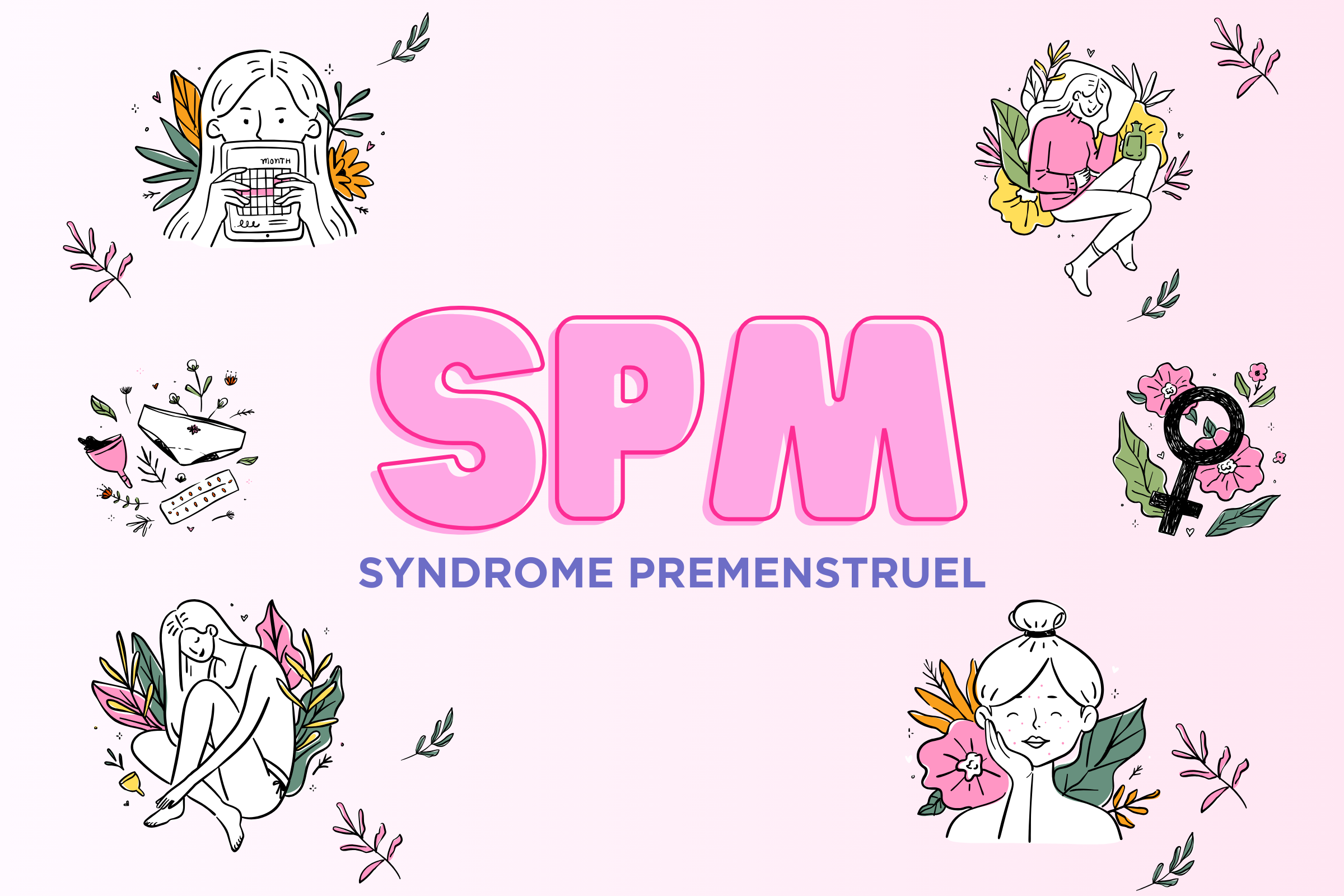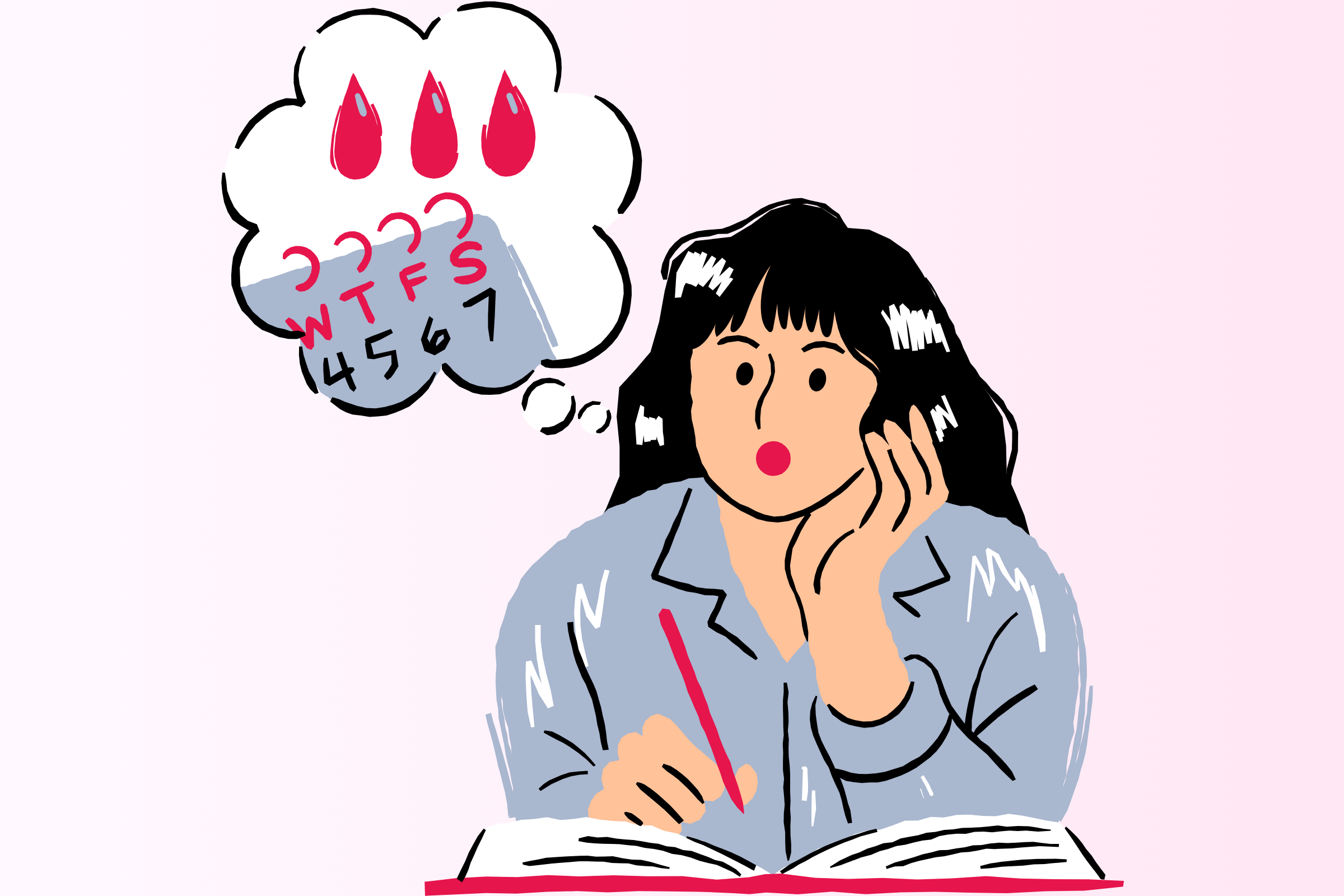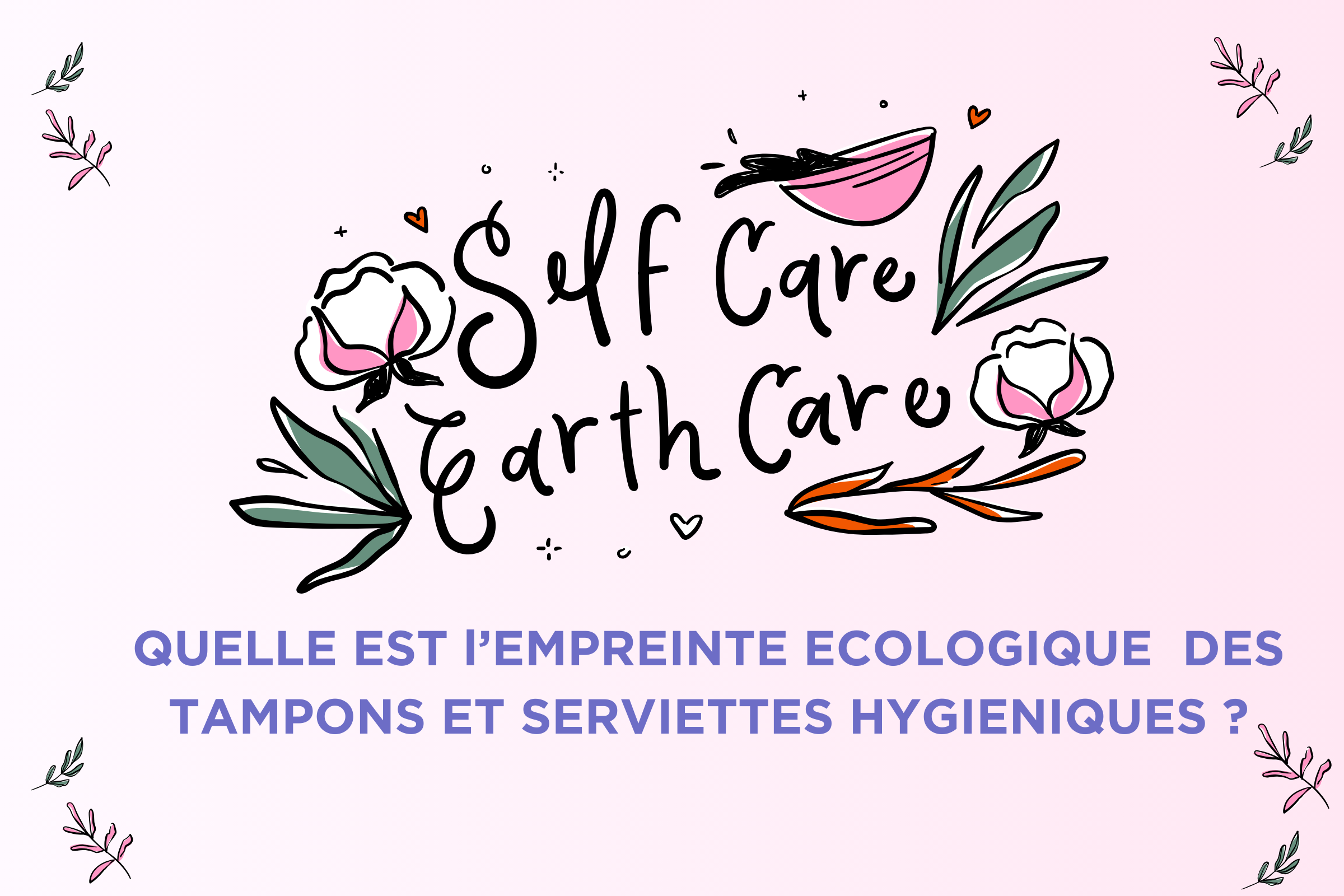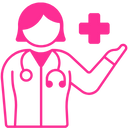
Understanding and Managing Premenstrual Syndrome (PMS)
PMS: Understanding and Naturally Relieving Premenstrual Syndrome
Premenstrual syndrome (PMS) affects about 75% of women of childbearing age. Bloating, irritability, abdominal pain, fatigue… These symptoms, which precede menstruation, can be more or less intense depending on the cycle. But the good news is that by understanding the hormonal causes of PMS , we can better alleviate it with suitable natural solutions!
Why do we suffer from PMS? Hormones are to blame
The menstrual cycle is governed by a hormonal ballet that influences both the body and the mind. PMS occurs mainly during the luteal phase , that is, between ovulation and the arrival of menstruation , and it is linked to variations in several key hormones:
- Estrogens 📈: After a peak around ovulation, their level drops rapidly. This drop can impact mood and promote irritability.
- Progesterone 📉: Produced after ovulation, it helps prepare the uterus for a possible pregnancy. If out of balance, it can lead to fatigue, water retention, and bloating .
- Serotonin 💭: Its level drops at the same time as estrogen, which can explain food cravings, low morale and irritability .
- Prolactin 🔄: This hormone may be involved in breast tenderness and water retention .
In short, it's the domino effect of these hormonal fluctuations that causes PMS symptoms. Fortunately, there are ways to naturally rebalance these hormones to alleviate the discomfort!
How to relieve PMS naturally?
🌿 Rely on effective natural assets
Certain plants and nutrients can help you better experience this phase of the cycle by regulating hormonal balance. No Pain, Great Gain , our food supplement dedicated to menstrual comfort , combines targeted active ingredients:
- Chasteberry → Regulates progesterone production and reduces PMS symptoms.
- Ginger → A powerful natural anti-inflammatory, it relieves cramps and promotes good digestion.
- Yarrow → Relieves abdominal pain and bloating by promoting muscle relaxation .
- Vitamin B6 → Essential for the production of serotonin , it helps limit mood swings and fatigue.
🎯 Discover No Pain, Great Gain for a more peaceful cycle!
🥗 Adapt your diet to regulate hormones
- ✅ Favor foods rich in magnesium (almonds, bananas, dark chocolate) to reduce stress and muscle tension.
- ✅ Focus on omega-3 (oily fish, nuts, flax seeds) for their anti-inflammatory effect and their role in hormonal balance.
- ✅ Favor foods rich in fiber (green vegetables, whole grains) to stabilize insulin levels and avoid blood sugar spikes that worsen irritability.
To avoid ❌: Coffee, alcohol, refined sugars and excess salt , which can increase water retention and mood swings.
🧘♀️ Reduce stress and adopt a calming lifestyle
Stress and lack of sleep can make PMS symptoms worse. Adopting wellness habits can really make a difference:
- 💆 Meditation and deep breathing → To calm the mind and soothe irritability.
- 🧘♀️ Yoga and gentle exercises → To relax muscles and improve blood circulation.
- 🏃♀️ Regular physical activity → To boost the production of endorphins, aka the hormones of happiness .
🔎 When to consult a professional?
If your PMS is particularly severe and impacts your quality of life, it may be premenstrual dysphoric disorder (PMDD) , a more intense form of PMS that requires medical support. A doctor or naturopath can help you find the best solution for your hormonal profile.
SPM: An inevitability? No, solutions exist!
Premenstrual syndrome is not inevitable. By understanding the hormonal mechanisms that cause it and adopting the right reflexes (diet, stress management, natural active ingredients), it is possible to alleviate the symptoms and better experience this period of the cycle.
👉 Discover No Pain, Great Gain and take care of yourself naturally!








Leave a comment
This site is protected by hCaptcha and the hCaptcha Privacy Policy and Terms of Service apply.